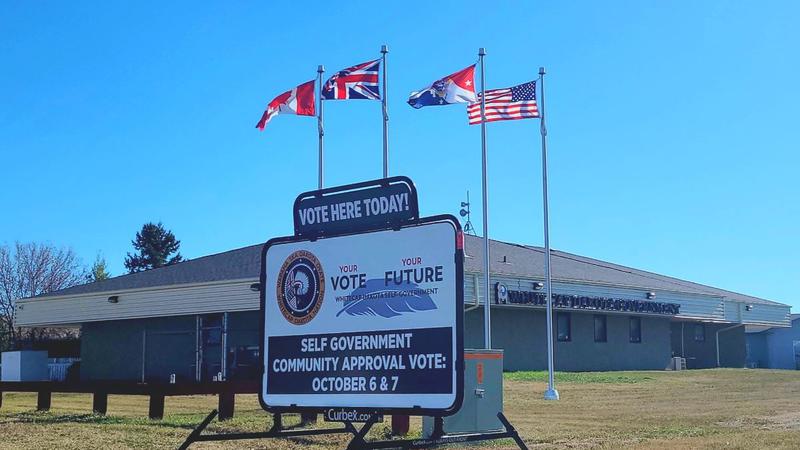
‘Worth celebrating’: What Whitecap Dakota Nation’s historic vote means
A Saskatchewan First Nation made history earlier this week but what does it mean, and could other communities follow in their first steps?
On Tuesday, Whitecap Dakota First Nation approved a vote that would make the community a self-governing nation and not under the federal Indian Act, the first in Saskatchewan to do so.
“This is a huge transformation away from the dependency relationship on the department of Indigenous affairs,” said Dr. Ken Coates, a professor of Public Policy at the University of Saskatchewan.
Coates explained the move is a major one for Saskatchewan First Nations, as it puts the responsibility and authority of a First Nation into its own hands.


